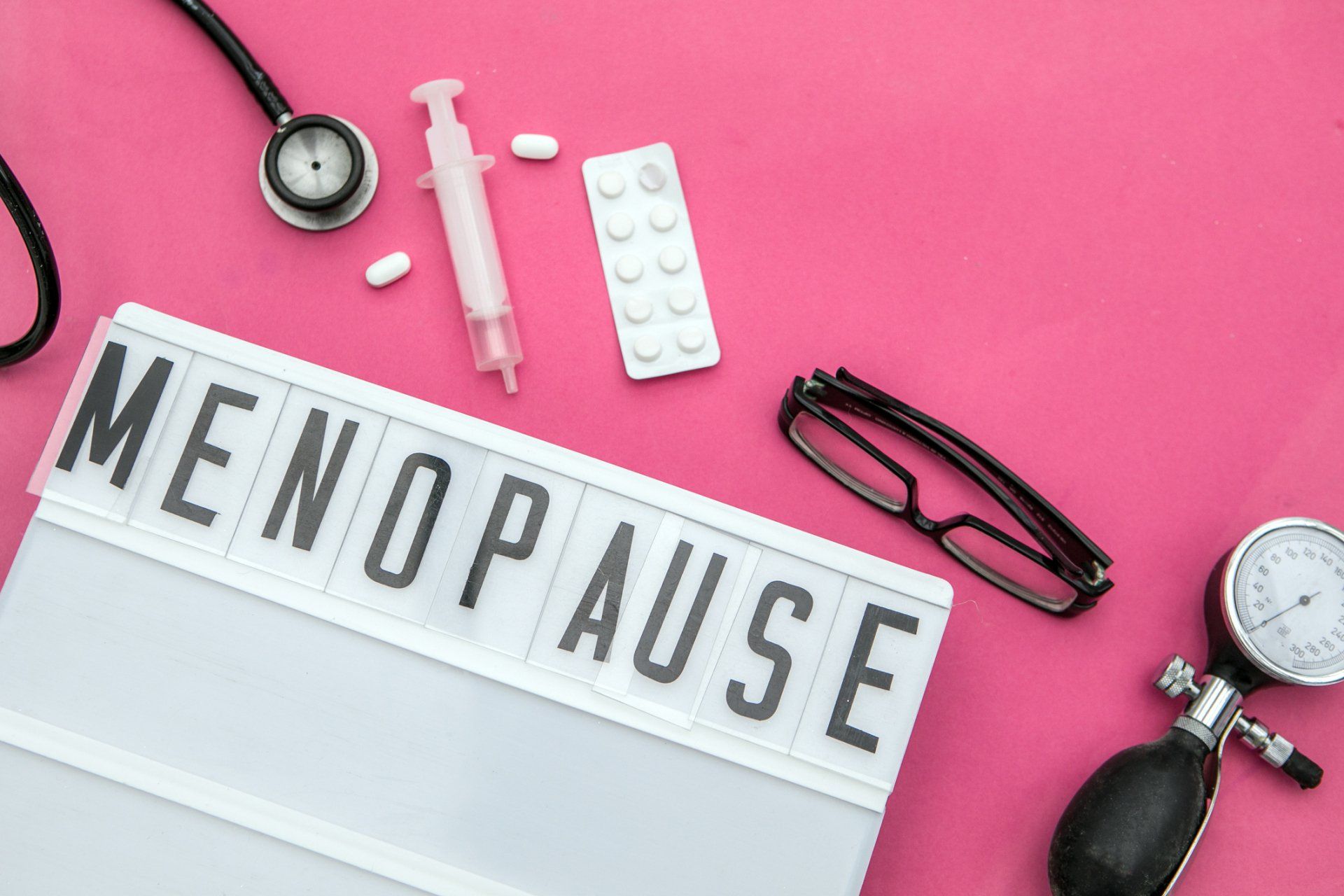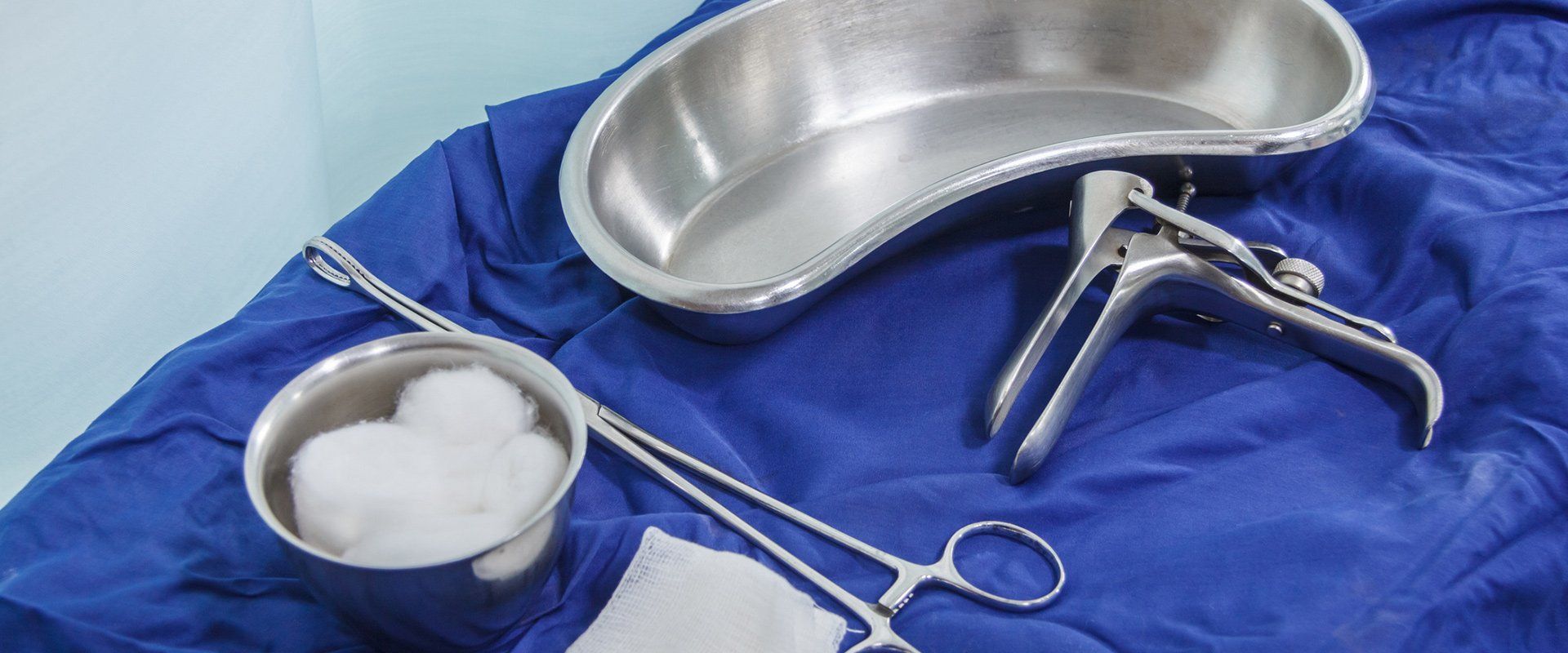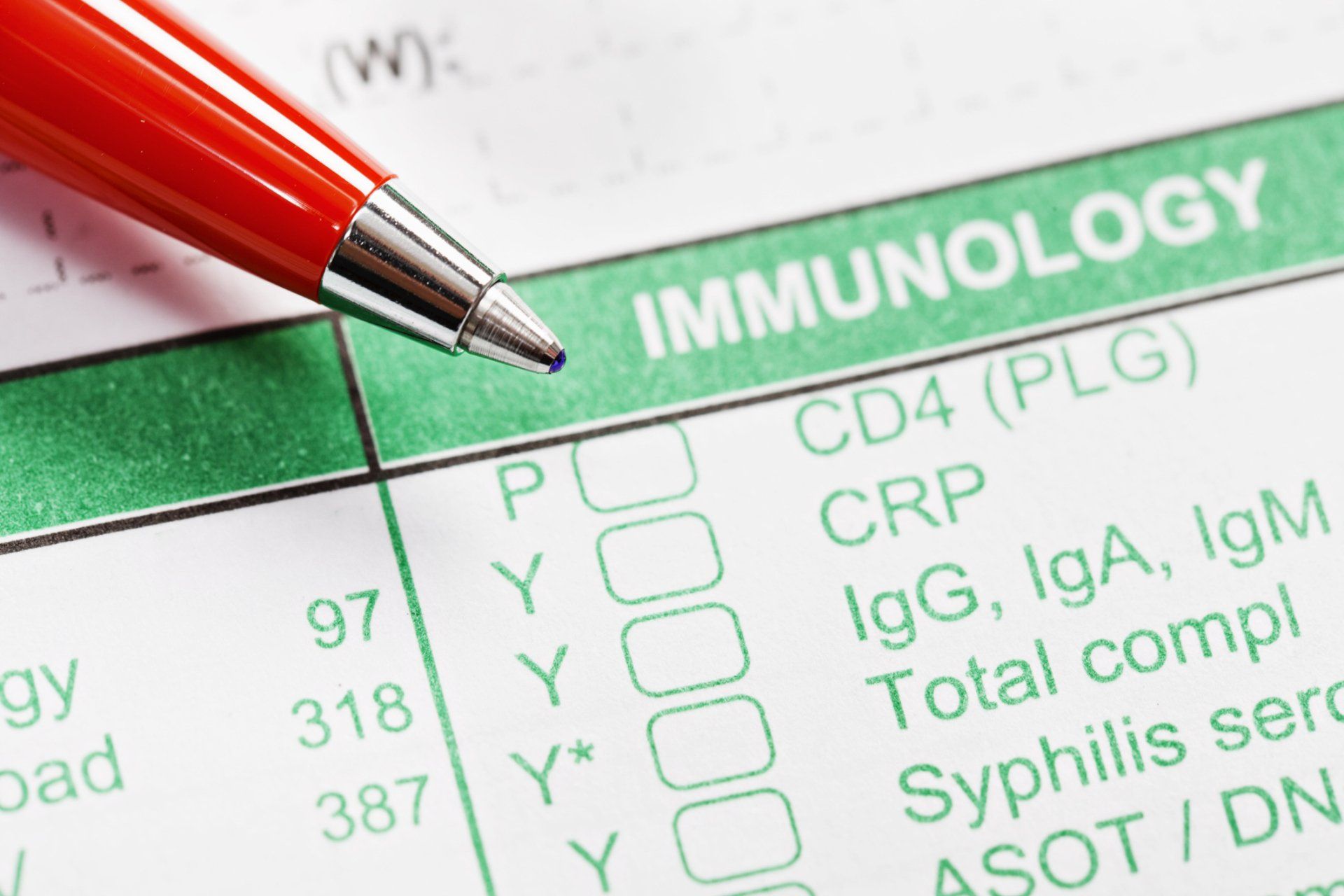Birth Control while Breastfeeding

Many new mothers have questions regarding the effects of birth control on breastfeeding. Women have hormonal and non-hormonal options when it comes to preventing pregnancy while breastfeeding their infant. Non-hormonal include the Lactation Amenorrhea Method (LAM), barrier methods such as condoms, and a non-hormonal IUD called Paraguard. LAM works by suppressing ovulation and can be just as effective as a hormonal birth control when 3 conditions are met:
- Baby is under 6 months old AND
- You have not had a monthly period return AND
- You are exclusively breastfeeding; meaning no formula feeding supplementation
For moms who desire an alternative birth control method, or perhaps going back on a hormonal contraception they have previously used and loved, some kinds are avoided because of their potential effect on milk supply. Combination contraceptives contain both estrogen and progesterone and come in the form of pills, transdermal patch, and vaginal ring.
Estrogen-containing birth control methods can contribute to lowering a mother’s milk supply which can inhibit breastfeeding all together.
Breastfeeding mothers seeking an effective hormonal contraceptive should be counseled about progesterone-only preferred options including progesterone-only-pills(POPs), injection, implant, and hormonal IUD. Evidence reveals the majority of mothers see no changes in milk supply when a progesterone only birth control is initiated at 6-8 wks postpartum.
There are so many benefits to breastfeeding that choosing the most appropriate contraception course after birth is beneficial to both mom and her hungry baby. Moms should be reassured that there is a very minimal amount of hormones in birth control that is transferred to an infant through breast milk. Moms and Dads have a lot to think about in the postpartum period, we encourage you to discuss your breastfeeding and postpartum family planning goals with your OB provider prior to delivery













